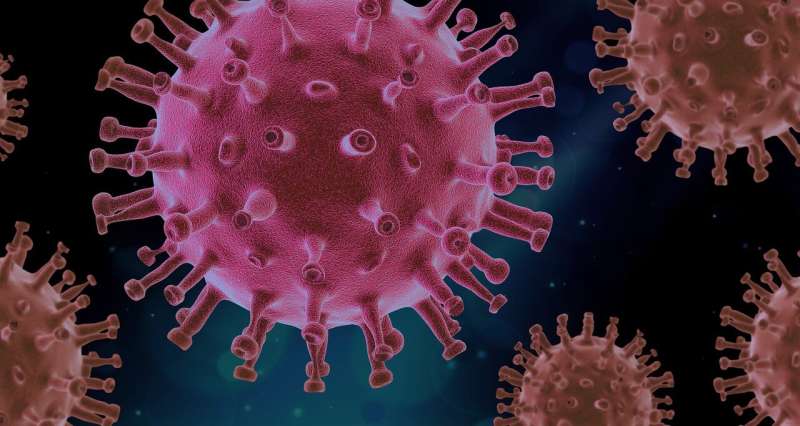
Chemists Kaushik Sarkar and Rajesh Kumar of the University of North Bengal in Darjeeling, West Bengal, India, have investigated the potential of various natural products of plant origin that might be developed into novel pharmaceuticals for treating COVID-19, the pandemic disease caused by the virus SARS-CoV-2. The team details their molecular docking experiments, absorption, distribution, metabolism and excretion (ADME), and toxicity studies.
Since the emergence of the potentially lethal pathogen that causes COVID-19 parallel research to understand its behavior, to find effective treatments, and to develop vaccines have been underway. Our understanding of the virus and the disease have grown enormously within the year or so since the pandemic was declared. Novel treatments and patient protocols have been developed and old pharmaceuticals repurporsed to treat the worst of the symptoms. Teams are working on dozens, if not hundreds of vaccines, and several of these are already being used clinically.
However, in the absence of vaccine “security” and global access to such a prophylactic approach to the virus, there remains an urgent need for therapeutic agents. Given the natural product origins of some 40 percent of prescription drugs, the natural world is always a source of inspiration for drug development. The team has investigated known drugs that have been used to treat lung cancer and bronchitis, and as blood-thinning agents. They have also homed in on a range of plant-derived compounds. All were screened against one of the primary viral protein targets, the COVID-19 main protease enzyme (PDB: 6LU7).
Docking studies in which a computer model of a molecule of interest is used to see how well it fits into the active site of the main protease revealed a good fit for the following compounds: disulfiram, tideglusib, and shikonin. Any molecule that fits and binds to the active site of a protein can potentially block or even just slow the normal activity of that enzyme and so inhibit the activity of the virus. The team also carried out ADME prediction studies on those lead compounds. Their success suggests a need to move to laboratory testing and ultimately clinical trials in humans to help in the ongoing battle against COVID-19.
Source: Read Full Article
